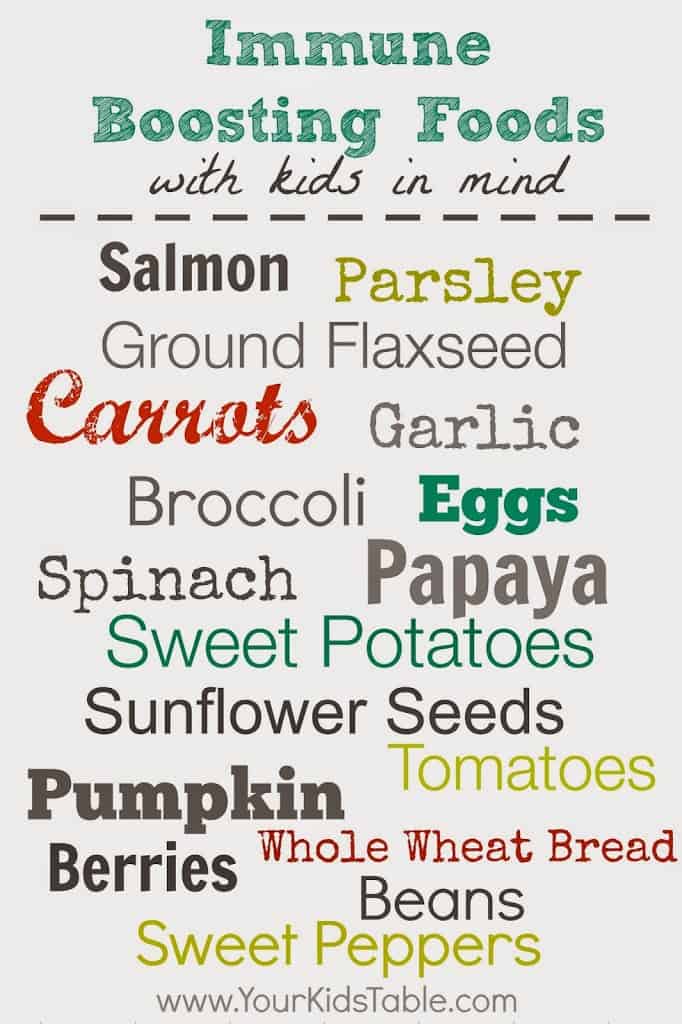You may not realize it, but sitting down with your children for dinner, even if you can only have family dinner once a week, is a great time to bond with your children and teach them.
It’s not just about what you talk about at the dinner table, but it’s also about what you are eating and the simple act of spending that quality time with one another.
Family Meals Provide Something Special
As children get older parents get busier, and so do the kids. That means less time having all of you getting together with one another, which is why family dinners can be an important commodity in the family union. It is that one time when you can all sit down together and communicate openly.
Don’t just use dinnertime to eat, take some time to go around the table and find out what has been going on in everyone’s life. Don’t just focus on the lives of your children, they want to know what’s going on in your life as well. Make sure everyone participates.
What You Serve Matters

Not only does talking around the table allow for family bonding and time for learning, but it also offers you a place to teach your children the importance of healthy eating. By the teen years, kids tend to have their own tastes, which can often revolve around fast food and junk. Those empty calories are doing nothing for them.
Take the time on family dinner nights to prepare healthy meals, and even talk to your teens about the importance of eating healthy. Tell them why you picked certain things, like the fact that chicken is a healthier and more fat free meat option, or that vegetables are rich in nutrients. Ask them what their favorite foods are, and offer up healthier alternatives to those that aren’t such healthy options, like strawberries instead of sugary candy.

Spend Time Discussing Important Things
Ask your teens what they want to go to college for, or what career they’re interested in pursuing. Discuss their romantic and friendship relationships. Even take time to inquire about drugs and alcohol, and offer up guidance on these subjects that is more than just telling them not to do it. Honest talk, especially with kids of this age, is the way to go.
If you tell them about health risks, discuss what drugs have done to other people that they can relate to, and explain your love and concern for them, they are more likely to hear what you are saying. If you just say drugs are bad and tell them not to do them they will be more likely to rebel just to find out what all the fuss is about.

Leave a Reply